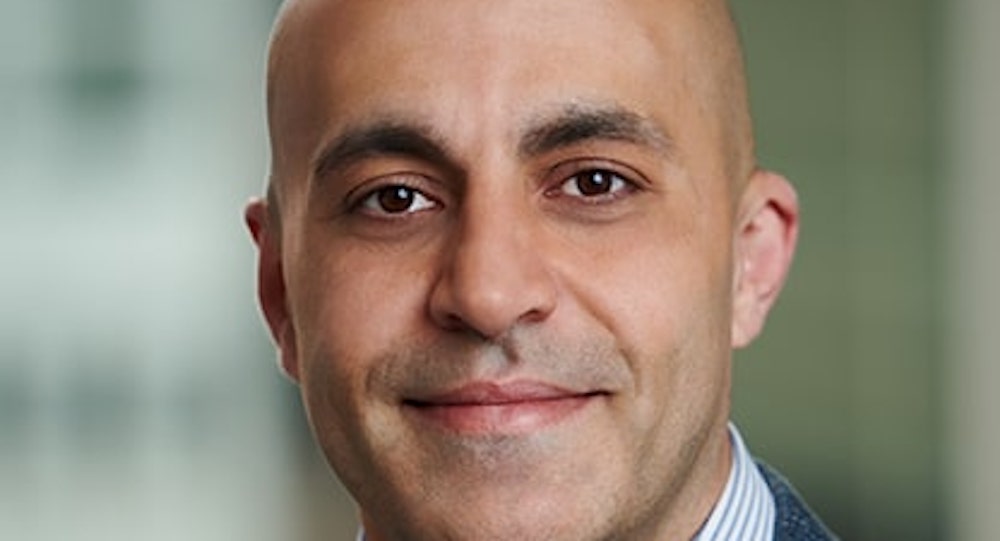
Ali Ghodsi, the man behind the phenomenal success of Databricks, is not your typical Silicon Valley success story.
Ghodsi was born in Iran during the country's revolution and later his family fled to Sweden to escape persecution during the Iran-Iraq War. As a youngster, his first major foray into computer science began on an old Commodore 64 with a broken tape recorder. Since the machine wouldn't play games, precocious Ghodsi found some manuals and taught himself how to code. By college, the hobby had turned into an obsession. Still, his work as a student was never forgotten. In 2003, he received his MBA from Mid-Sweden University, and three years later he earned his doctorate from KTH/Royal Institute of Technology in Sweden in the area of completely decentralized systems — precursors to Bitcoin.
When Ghodsi arrived at UC Berkeley for a one-year opportunity to research machine learning and data processing, he had no intention of launching one of the biggest breakout stars in the modern tech world. While at Berkeley, he was part of a small team that created the open source project Apache Spark, a groundbreaking tool for crunching big sets of data for analysis and transformation. Even then, starting a company and making money wasn't important, as Ghodsi wanted to give out his pioneering software free of cost. As he recently said in an interview, “We were a bunch of Berkeley hippies, and we just wanted to change the world. We would tell them, ‘Just take the software for free,’ and they would say ‘No, we have to give you $1 million.’”
However, more money-minded heads prevailed in the end. In 2013, Ghodsi and his teammates launched Databricks, with many of its core products having been started at Berkeley. Still underestimating potential, the company founders had early visions to one day sell the company for $100 or $200 million. As of 2022, Databricks has a market valuation of $38 billion and boasts of a client list that includes the likes of Salesforce, Viacom, Shell, HP, and many others.
Much of this success is due to Ghodsi, who previously served as the vice president of engineering and product management, before taking the role of CEO in January 2016.
In addition to his work in the private sector, Ghodsi is also a member of the faculty at UC Berkeley, where he has worked as a professor and researcher for several years. During this time, he has published numerous research papers on topics related to distributed systems and big data — making him both a leading figure in the field and a true visionary entrepreneur.
